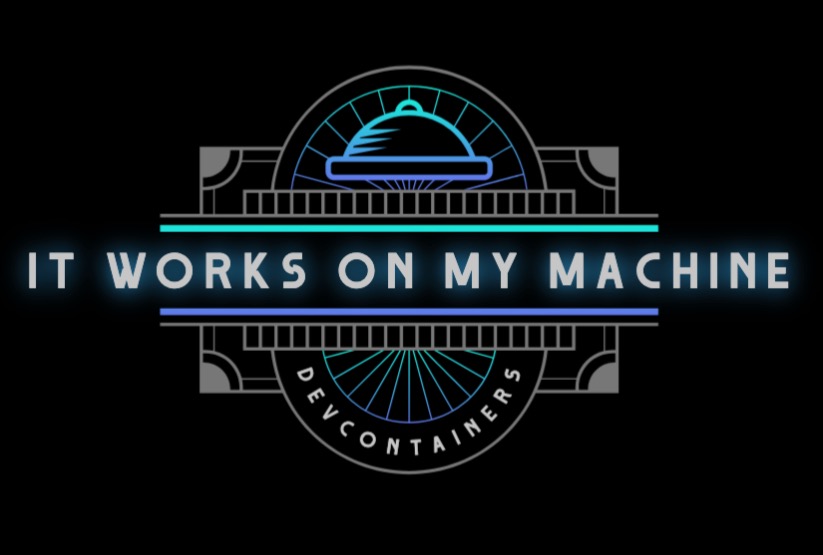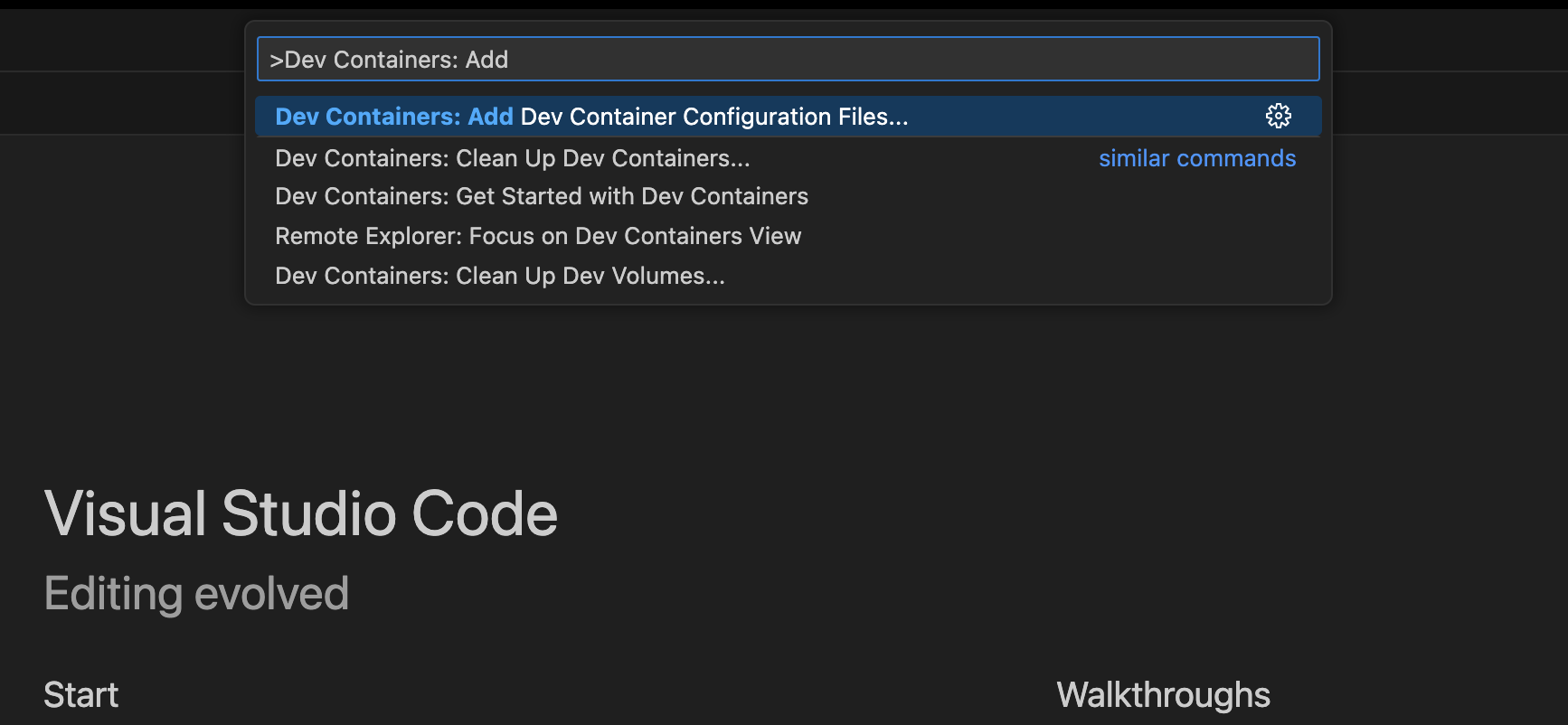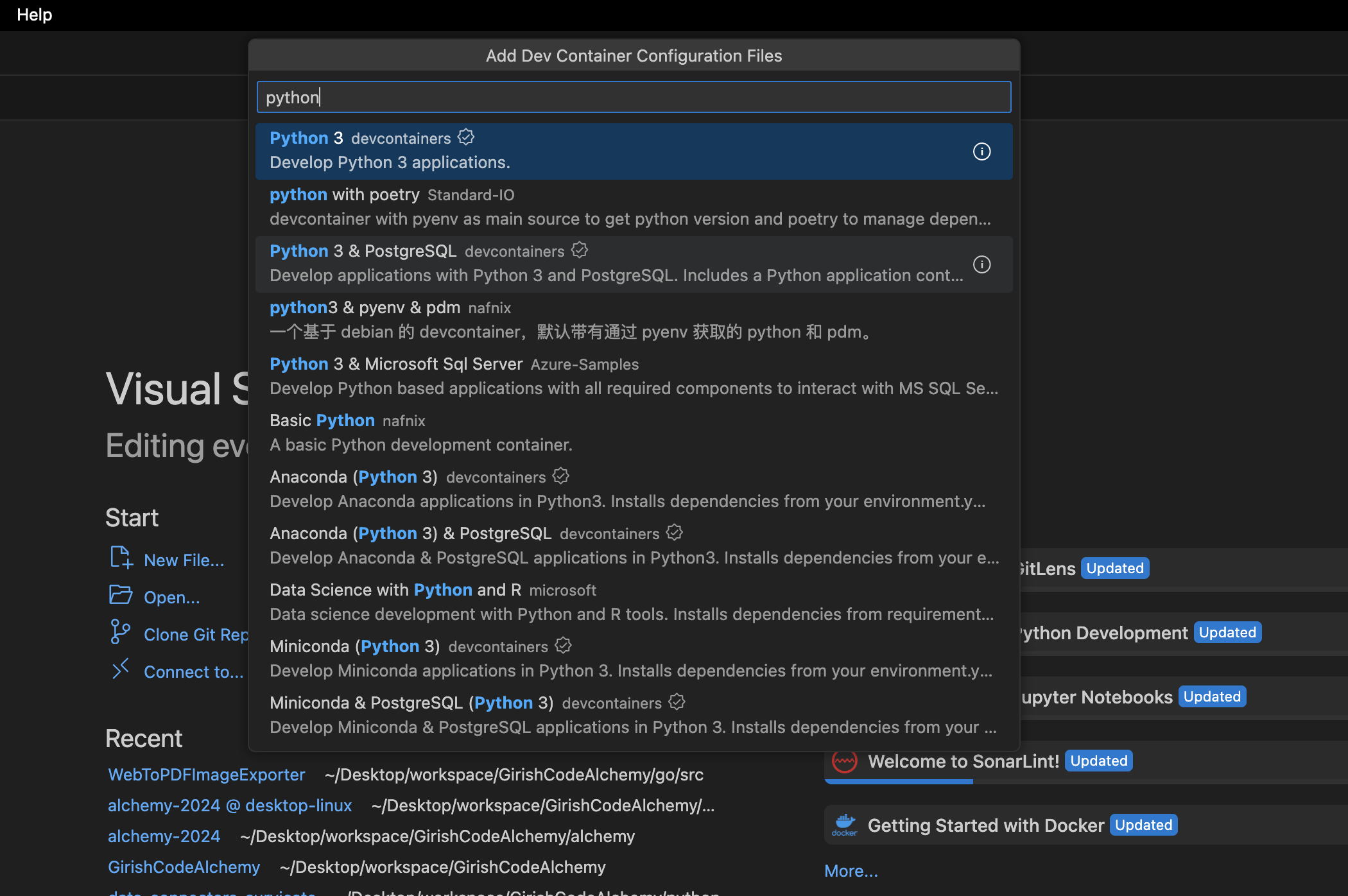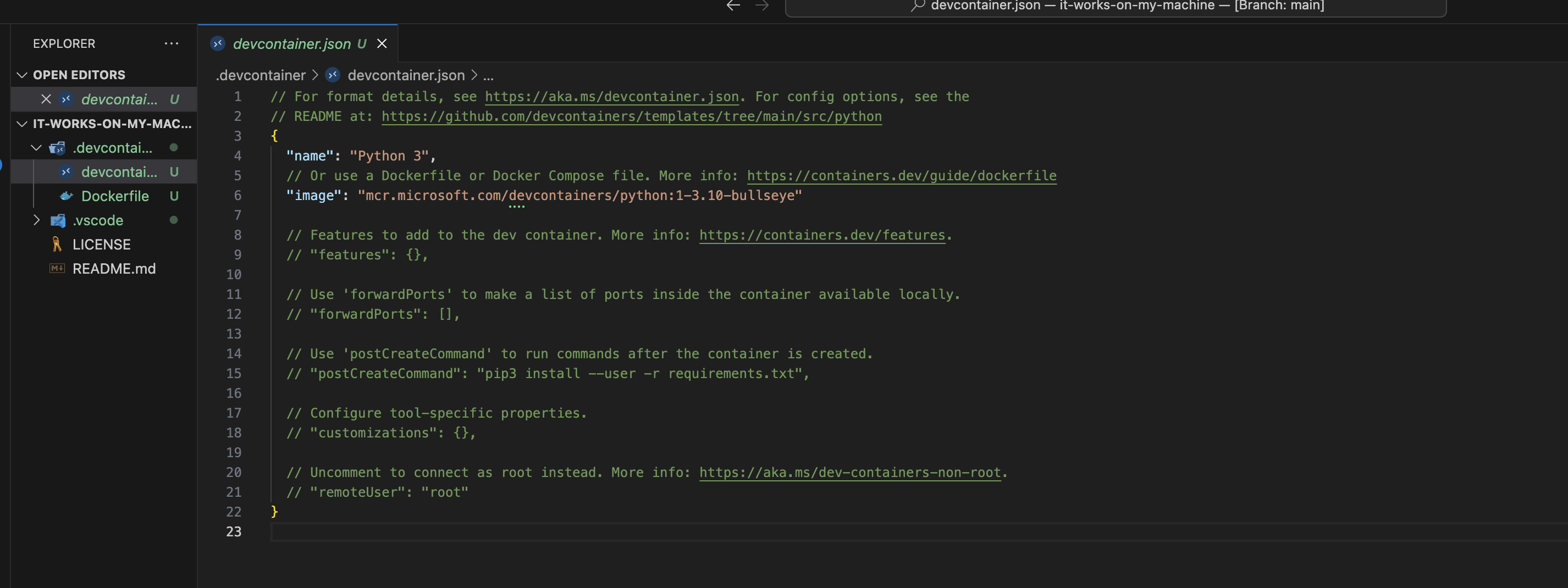DevContainers Streamlining Your Development Environment

What are DevContainers?
DevContainers are a way to define and share development environments using containers. These containers encapsulate all the dependencies, tools, and configurations needed to run your application. By leveraging Docker under the hood, DevContainers ensures that everyone on your team has the same development environment, reducing "It works on my machine" issues.
Setting Up DevContainers
Prerequisites
Before diving into DevContainers, ensure you have the following installed:
- Docker
- Visual Studio Code
Installation
- Install the
Dev Containers / Remote containersextension for Visual Studio Code. - Open your project in Visual Studio Code.
- Click on the
green/blueicon in the bottom-left corner of the window, and selectDev Containers: Add Development Container Configuration Files.
This will create a .devcontainer folder with the necessary configuration files.



Key Features and Benefits
1. Isolation
DevContainers provides a fully isolated environment for your project. Dependencies and configurations are encapsulated within the container, preventing conflicts with your local setup.
2. Consistency
Every team member, regardless of their local setup, gets the same development environment. This consistency minimizes compatibility issues and accelerates onboarding for new developers.
3. Portability
DevContainers can be easily shared and replicated. Collaborators, contributors, or CI/CD pipelines can use the same container configuration, ensuring a uniform environment across different machines.
Working with DevContainers
Configuring DevContainers
The .devcontainer folder contains a devcontainer.json file where you can specify the container image, extensions, and settings. Customize this file to tailor the development environment to your project's needs.

Developing Inside Containers
- Open your project in Visual Studio Code.
- Click on the
green/blueicon in the bottom-left corner. - Select
Dev-Containers: Reopen in Container.
Your project will now be running inside the DevContainer, with access to all the tools and dependencies defined in the configuration.
Use Cases and Scenarios
1. Multi-language Projects
DevContainers are ideal for projects that use multiple programming languages. Each language can have its own container, avoiding conflicts between language-specific dependencies.
2. Team Collaboration
With DevContainers, everyone on the team gets a consistent development environment. This minimizes friction caused by differences in operating systems or individual configurations.
3. Open Source Contributions
For open-source projects, DevContainers simplify the onboarding process for contributors. They can start contributing without worrying about setting up dependencies locally.
Troubleshooting and Tips
While DevContainers generally provide a seamless experience, here are a few tips for troubleshooting:
- Ensure Docker is running.
- Check for any errors in the Visual Studio Code output panel.
- If facing issues with extensions, make sure they are compatible with the DevContainer environment.
DevContainers Template Reference
For your convenience, I have created a DevContainers template that you can use as a starting point for your projects. This template includes a well-configured devcontainer.json file and example settings to kickstart your containerized development.
Github: https://github.com/GirishCodeAlchemy/it-works-on-my-machine.git
Feel free to clone or fork this repository and tailor it to your project requirements. We encourage contributions and improvements from the community to make this template even more versatile and useful.
Conclusion
DevContainers offers a practical solution for creating consistent, isolated, and portable development environments. By adopting DevContainers, teams can streamline their workflows, enhance collaboration, and simplify the onboarding process for new members. Start containerizing your development environments today and enjoy a more reliable and efficient development experience.
Additional Resources
Call to Action
Have you tried DevContainers in your projects? Share your experiences, tips, and tricks in the comments below. Let's build a community of developers leveraging DevContainers for a better development experience!
🚀 Stay tuned for more updates as we continue to push the boundaries of what's possible in the world of development and containerization. Happy exploring! 🚀
✈️ Github: https://github.com/GirishCodeAlchemy ✈️ Linkedin: https://www.linkedin.com/in/vgirish10/